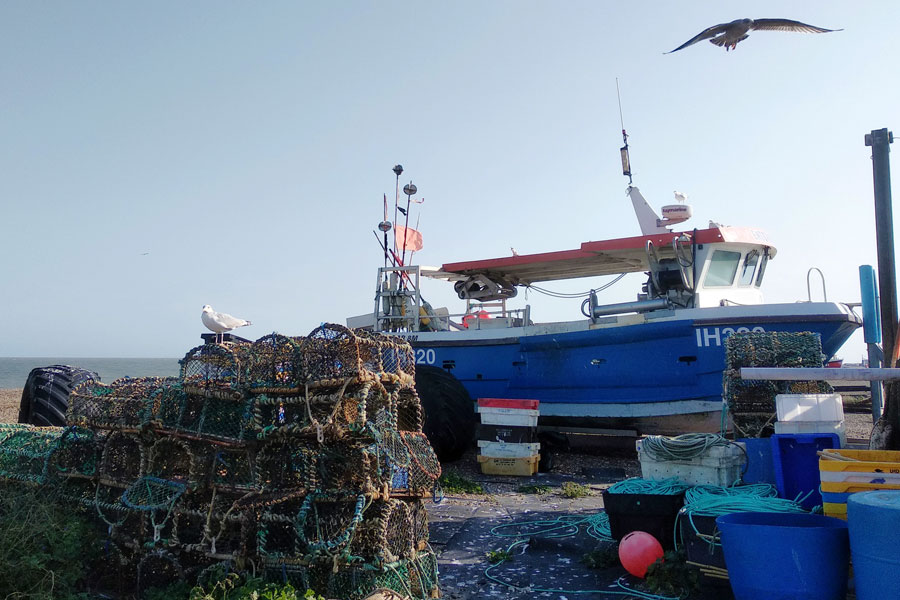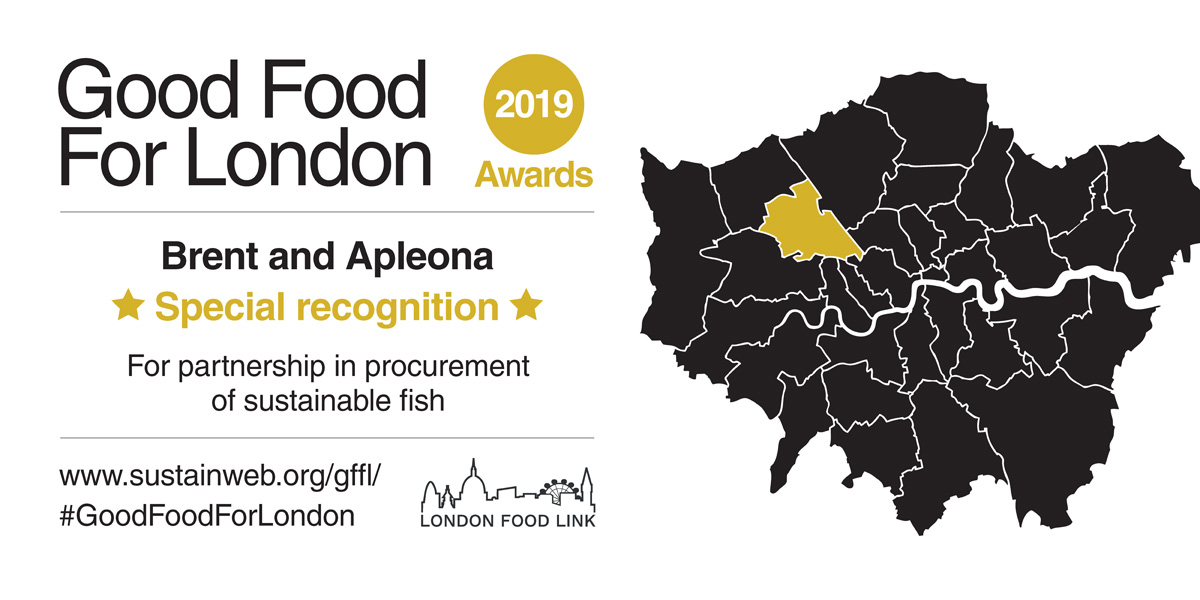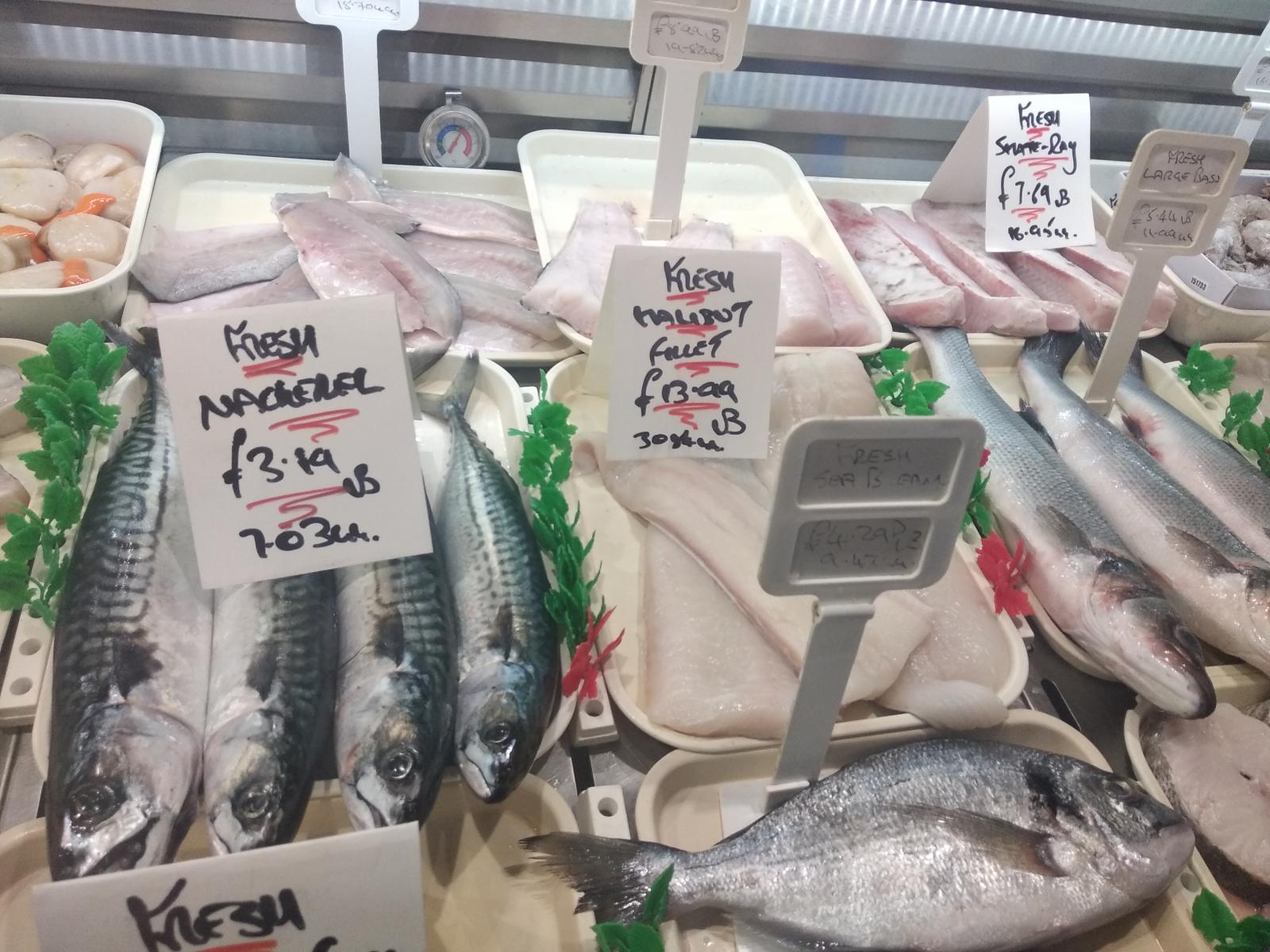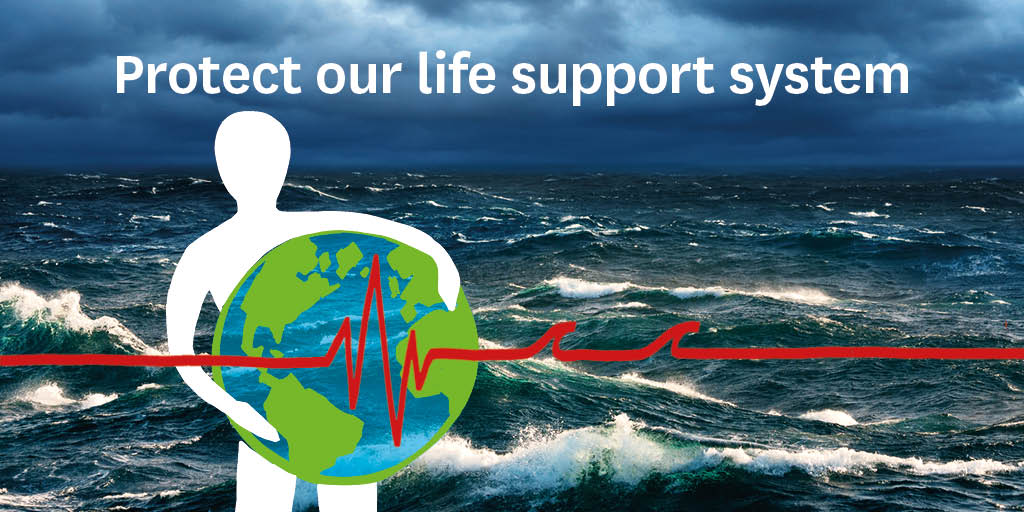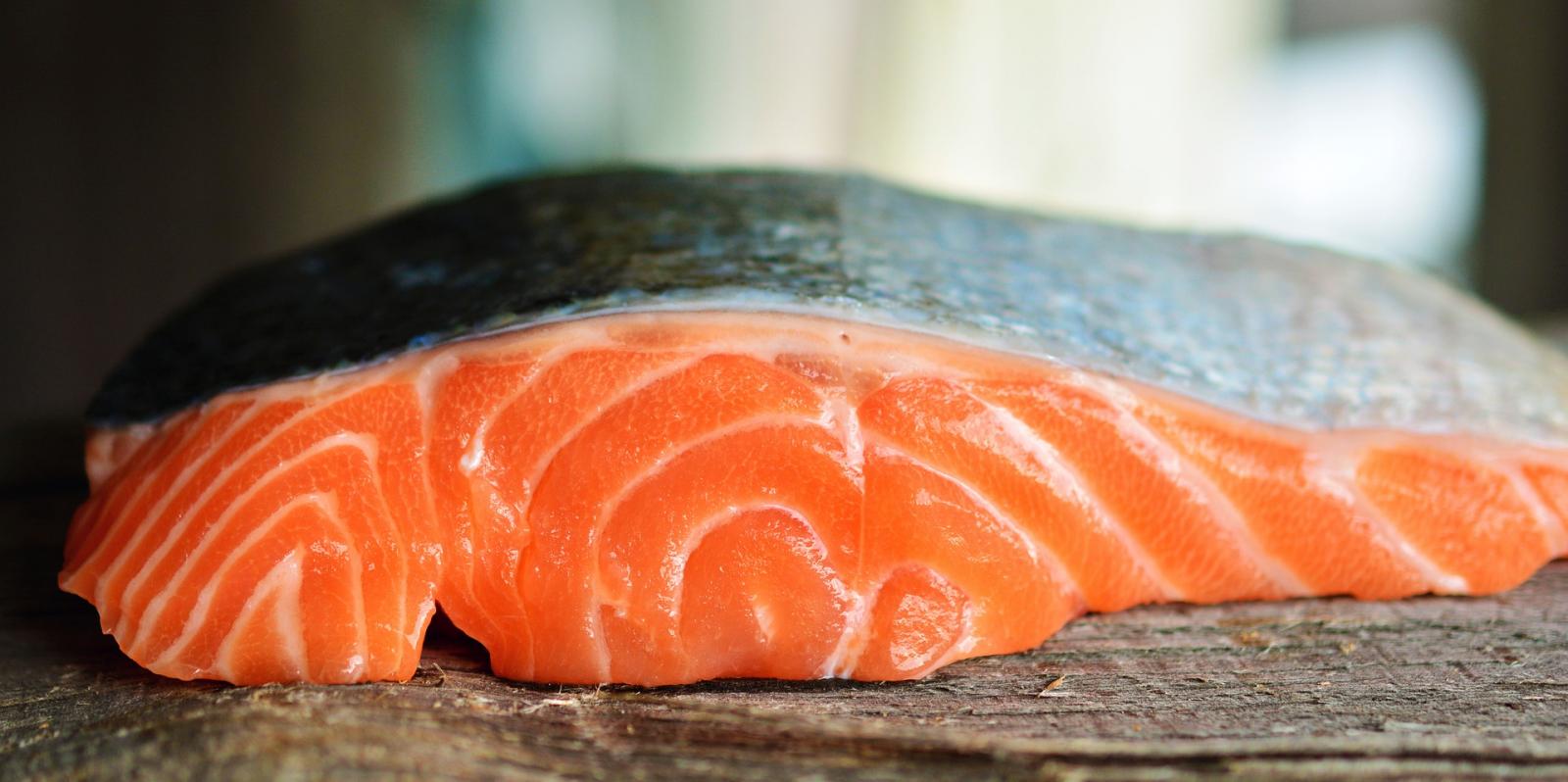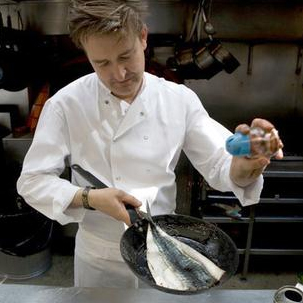UN highlights concerning state of world fisheries
UPDATE: Since this Fisheries and Aquaculture report was published, in March 2011, the UN Environment Programme has committed to serving only sustainable fish in its catering for meetings and events, saying: "The UN is determined to demonstrate its 'sustainability credentials' by action on the ground and by good housekeeping at home." [read more...]
Each year, the UN issues a "State of World Fisheries and Aquaculture" report, published by the UN's Food and Agriculture Organisation (FAO). Such concerning data and analysis underpins the motivation for action, such as Sustainable Fish City. Key points from the FAO's press release to accompany the February 2011 report are that:
- The overall percentage of overexploited, depleted or recovering fish stocks in the world's oceans has not dropped and is estimated to be slightly higher than in 2006. In other words things are getting worse.
- About one third (32%) of world fish stocks are estimated to be overexploited, depleted or recovering and need to be urgently rebuilt.
- Only 15% of the stock groups monitored by FAO are estimated to be underexploited (three percent) or moderately exploited (12 percent) and therefore able to produce more than their current catches.
- The average person consumes 17kg fish per year. Fish supplies over three billion people with at least 15 percent of their average animal protein intake.
- Total world production of fish and fish products rose from 140 million tonnes in 2007 to 145 million tonnes in 2009 and is the highest it has ever been. Much of the fish now comes from aquaculture, which is growing at the rate of almost seven percent a year and is set to overtake capture fisheries as a source of food fish.
- Overall, fisheries and aquaculture support the livelihoods of an estimated 540 million people, or eight percent of the world population.
- Fish products continue to be the most-traded of food commodities, worth a record $102 billion in 2008, up 9% from 2007.
- The cost of illegal and unreported fishing is estimated at between $10-23.5 billion per year.
The report holds up aquaculture policies in Southeast Asia - where fish is a fundamental part of people's diets - as a good example of balanced management. The report contains a special chapter on inland fisheries. Inland fisheries are often overlooked by policymakers and irrigation and hydroelectric schemes are at times planned without regard for the impact on inland fishers' livelihoods. However, inland fisheries supports 61 million people worldwide.
Read the full press release at: http://www.fao.org/news/story/en/item/50260/icode/
Read the full report at: http://www.fao.org/docrep/013/i1820e/i1820e00.htm
Published Friday 2 March 2012
Sustainable Fish: A campaign to protect precious marine environments and fishing livelihoods, and call for fish to be bought from sustainable sources. We want to show what can be done if people and organisations make a concerted effort to change their buying habits.
